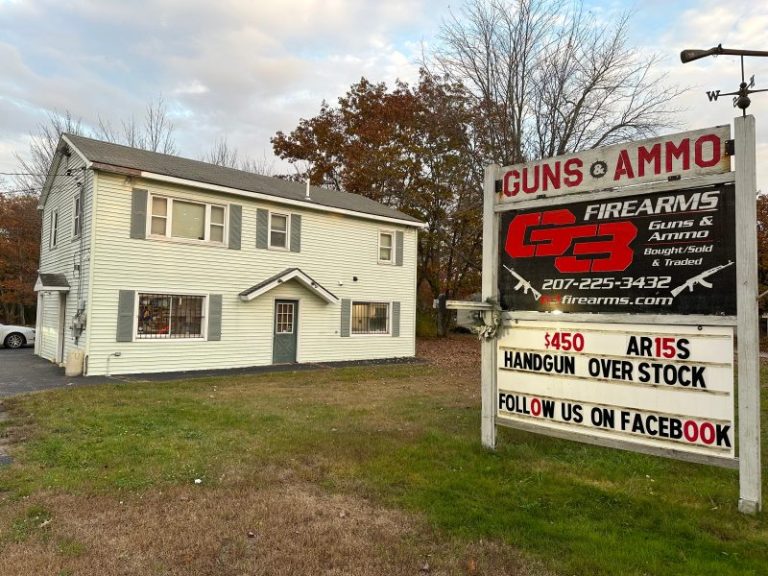Last week, NBC News presented a surprising bit of data: for the first time in its two decades of asking, a majority of respondents to its national poll indicated that they lived in a home with a firearm. In 2013, a poll of American adults found that 42 percent lived in households in which there was a gun. In the most recent poll, questioning registered voters, 52 percent said they did.
“In the last 10 years, we’ve grown [10 points] in gun ownership,” pollster Micah Roberts of Public Opinion Strategies told the network. “That’s a very stunning number.”
It is. It also deserves some context.
A few things are clear. One is that Americans own a lot of guns. Another, considering a slightly different facet, is that a lot of Americans own guns. A third is that the number of guns being purchased has increased dramatically over the past few decades.
We can see that in the number of background checks completed by the FBI each month. This is not a perfect reflection of the number of guns sold, since background checks can also accompany permit renewals (as in Kentucky). But it’s a decent measure of the increase in sales since the beginning of the century.
Most notable on that chart (which shows background checks relative to population each month) is the surge in 2020. There were more than 1,000 background checks per 100,000 U.S. residents in March 2020 as the pandemic emerged. That June, with protests erupting around the country, the number neared 1,100 per 100,000 residents. In January 2021, in the wake of the Capitol riot and the inauguration of a Democratic president seen as more likely to sign new restrictions on purchases, the figure topped 1,300 per 100,000 residents.
From February 2020 through January 2021, there were 41.3 million background checks conducted.
That said, though, other measures of gun ownership show a more modest change. In fact, the biannual General Social Survey (GSS) indicates that the percentage of Americans indicating they have a gun at home has remained fairly steady over the past decade. There was a jump in 2021 and 2022, but a modest one.
The GSS data suggest that the reason for that uptick is that Republicans — who over the past decade or so have been much more likely to own guns — were more likely to say they had a firearm at home. But, in keeping with NBC’s findings, so did Democrats.
(The charts in this article use average GSS values over the preceding five years to smooth out trends over time. Independents who lean toward a party are included with that party’s data.)
There was some increase in reported gun ownership in suburban areas and a slight rise in rural areas, according to the GSS. The heaviest growth, though, was in urban areas — particularly in the 12 largest metropolitan statistical areas.
Overlapping party and region, the GSS suggests that a long downward slide among rural Democrats reversed in recent years, as urban Republicans and Democrats were both more likely to report gun ownership.
There was also a marked increase in reported gun ownership among Black Americans, something also seen in the NBC data. Since 2019, NBC found a 17-point increase in reported gun ownership by Black Americans. The GSS shows an increase in the five-year average from 8 percent in 2017 to 22 percent in 2022.
The GSS numbers are uniformly lower than the NBC ones. But the changes by race and party broadly track: more ownership among those who live in cities and among Black Americans.
Of course, we’re talking about increases to relatively small numbers, particularly when compared with the numbers for rural Americans and Republicans. In the GSS data, only those two groups saw a majority of respondents indicating that they owned guns. The upward shift among more-Democratic constituencies are noteworthy precisely because they’re unexpected.

